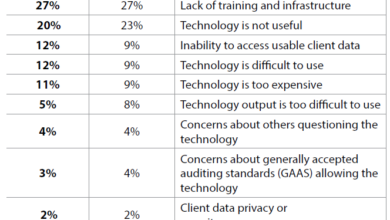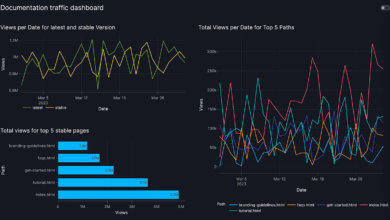Transforming business with generative AI: Insights from Qlik’s CSO

The data and artificial intelligence industry is undergoing a transformative phase, driven by the integration of generative AI and advancements in data analytics.
This transformation is characterized by the ability to measure and analyze vast amounts of data in real time, creating opportunities for businesses to optimize processes and drive innovation. The focus is now on leveraging high-quality, diverse data to inform decisions and generate actionable insights. As these technologies evolve, organizations must adapt by ensuring data quality, trust and accessibility to fully harness the power of AI.
“This is a moment that we’ve really been waiting for for 30 years,” said James Fisher (pictured), chief strategy officer of QlikTech International AB. “We’ve got to optimize our processes, optimize our data, get that foundation right and then we can achieve great things.”
Fisher spoke with theCUBE Research’s John Furrier and Shelly Kramer at Qlik Connect, during an exclusive broadcast on theCUBE, SiliconANGLE Media’s livestreaming studio. They discussed how the integration of gen AI and advancements in data analytics are revolutionizing the industry, offering unprecedented opportunities for organizations that effectively manage their data. They also talked about Qlik’s forward-thinking strategy. (* Disclosure below.)
The evolution and impact of generative AI
Generative AI is not just a technological advancement; it represents a paradigm shift in how organizations approach data and analytics. This shift is important, as the current landscape offers unprecedented opportunities for those who can effectively manage and leverage their data.
“We’ve taken that big data wave to the cloud, and now everything that’s happening around AI and generative AI is such a huge opportunity,” Fisher said.
This opportunity comes with the challenge of moving beyond mere data collection to ensuring that data is accurate, trustworthy, and actionable. Organizations must prioritize data quality and integration to fully capitalize on the potential of generative AI, according to Fisher.
“We’ve realized as an industry that we’ve gone through that big data wave, we moved high volumes of data, but the goalposts have been shifted now,” he said.
The emphasis is now on data quality and the integration of structured and unstructured data to enrich decision-making processes. This shift necessitates a focus on practical applications and outcomes, rather than treating data projects as isolated science experiments, Fisher pointed out.
Qlik’s strategy and vision for the future
Qlik’s strategy revolves around enabling organizations to leverage their data effectively, regardless of where it resides. This approach ensures that businesses can address real-world challenges with data-driven solutions.
“At its heart, it is all about helping customers work with the data wherever that data resides to solve real-world problems,” Fisher said. “That’s easy to say. The question is what do we need to do in order to enable that?”
This approach is built on a platform that offers best-in-class capabilities, designed to be both independent and integrated, providing flexibility and overcoming technical debt, Fisher added. A significant aspect of Qlik’s strategy is its commitment to open and agnostic data support, which Fisher describes as a “huge ecosystem advantage for Qlik.”
By supporting data across various cloud platforms, Qlik ensures that its customers can navigate the evolving landscape of AI and data analytics with confidence. This adaptability is crucial as AI strategies and technologies continue to evolve rapidly, Fisher explained. The importance of data diversity and its impact on generating high-quality insights is also critical.
“The more you can consume those wide variety of sources, bring them together, ask questions across that broad base, then I think the better-quality insight you’re going to get and the more confidence you’re going to have,” Fisher said.
This perspective underscores the value of incorporating diverse data sources to enhance decision-making and drive innovation. By integrating varied datasets, organizations can gain more comprehensive insights and uncover new opportunities for growth.
Looking ahead, Qlik aims to continue responding to industry changes and anticipating future developments. The company’s proactive approach ensures it will remain at the forefront of technological advancements, according to Fisher.
“We’ve got an incredible vision for where we want to take that,” he said. “Platforms are changing, technology’s changing, AI is evolving so rapidly. We’ve got to stay on our toes.”
Here’s the complete video interview, part of SiliconANGLE’s and theCUBE Research’s coverage of Qlik Connect:
(* Disclosure: TheCUBE is a paid media partner for Qlik Connect. Neither QlikTech International AB, the sponsor of theCUBE’s event coverage, nor other sponsors have editorial control over content on theCUBE or SiliconANGLE.)
Photo: SiliconANGLE
Your vote of support is important to us and it helps us keep the content FREE.
One click below supports our mission to provide free, deep, and relevant content.
Join our community on YouTube
Join the community that includes more than 15,000 #CubeAlumni experts, including Amazon.com CEO Andy Jassy, Dell Technologies founder and CEO Michael Dell, Intel CEO Pat Gelsinger, and many more luminaries and experts.
THANK YOU



